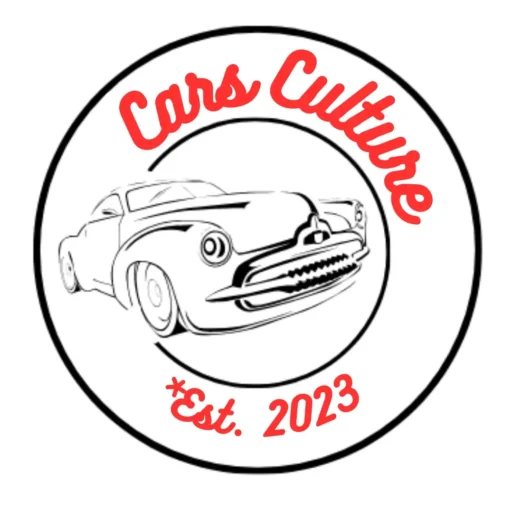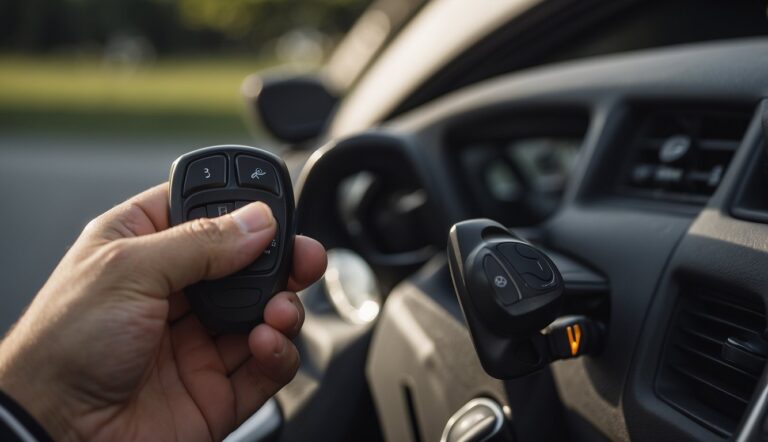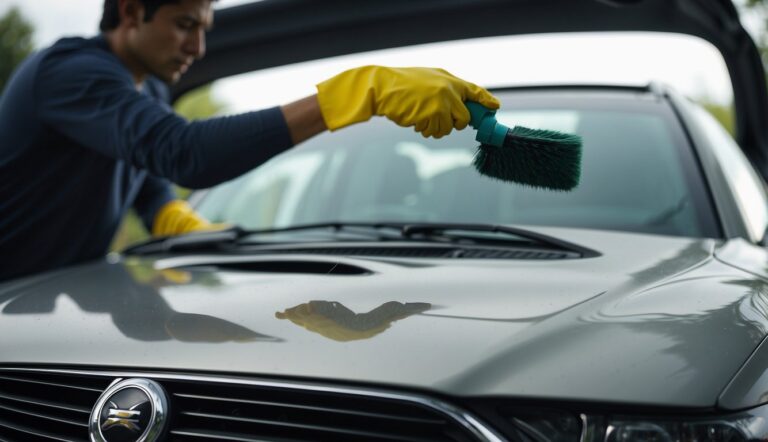Building a car wash can be a profitable venture as it caters to the increasing demand for convenient and efficient car cleaning services. Entrepreneurs planning to enter this industry should be aware of the costs involved in establishing such a business. The average cost to build a car wash varies depending on several factors, such as location, size, and type of car wash.
How much does it cost to build a Car Wash

Startup costs for a car wash typically range between $250,000 and $5 million. This cost includes expenses on land, equipment, permits, and construction. The type of car wash greatly impacts the overall cost, with options including self-serve, automatic, and full-service facilities.
To make an informed decision on whether or not to invest in building a car wash, entrepreneurs should research the different aspects of the industry, understand the competition, and analyze the market demand. Assessing these factors in conjunction with the potential startup costs will provide a comprehensive understanding of the opportunities and challenges involved in constructing a car wash.
Planning and Costs

Evaluating Costs
When planning to build a car wash, it’s essential to carefully assess the various expenses involved. The initial investment will mainly include land and construction costs. Building a car wash can range from approximately $250,000 to $1 million and higher, depending on factors such as the type of car wash and location.
Construction costs typically run between $160 and $300 per square foot, impacting the overall budget. It’s crucial to consider additional expenses such as professional fees, architectural fees, and financing, which can add up during the planning and building process.
Securing a Location
Choosing the right location for your car wash is of utmost importance as it directly affects the success of your business. Land costs can significantly vary, ranging from $500,000 to $2,000,000 or more, depending on factors such as:
- Accessibility
- Visibility
- Traffic flow
- Local competition
- Real estate prices
Before making an investment, research and analyze the local market trends, potential customer base, and competition to make an informed decision on the location.
Acquiring Permits and Licenses
Beyond the land and construction costs, acquiring permits and licenses is another crucial aspect of your car wash business. The local and state authorities will require various permits, such as zoning, building, and environmental approvals, to ensure legal compliance. These fees can form a considerable part of the total investment.
Expect to spend between $90,000 and $150,000 for electrical and plumbing work alone. Permits and licensing fees should also be factored into the overall budget. Working with experienced professionals who understand the local regulations and requirements can make the permitting process smoother.
In summary, accurately planning and evaluating costs is essential to the success of your car wash business. Considering factors such as land choices, construction costs, and securing permits and licenses will help shape a more realistic budget and project timeline, leading to a successful establishment in the competitive car wash industry.
Building and Launching
Design and Construction
When building a car wash, the first step involves design and construction, which encompasses the selection of location, the size of the facility, and the type of car wash. Construction costs typically range between $160 and $300 per square foot, depending on the geographic location and specific construction requirements. It is crucial to consider factors like landscaping, plumbing, and site work during the construction phase.
Equipment and Technology
The type of car wash – such as self-service, automatic, or full-service – will determine the kind of equipment needed. Moreover, equipment costs vary based on the car wash system selected. Some vital equipment and technology for a car wash facility include:
- Water treatment systems: Essential for recycling and reusing water.
- Waste management systems: Required to dispose of sludge and other waste materials properly.
- Tunnel controller and relay stations: Crucial components of an automated car wash, controlling the various equipment functions.
- Pressure washers and pumping stations: Equipment used in self-serve bays to provide high-pressure water for cleaning.
Additionally, installing safety systems and investing in advanced technology can help ensure smooth operations and improve customer satisfaction.
Opening Your Car Wash
Before opening the car wash, you need a comprehensive business plan that includes marketing, promotion, and management strategies. Some aspects to consider involve:
- Labor: Hiring and training staff for various roles, such as customer service, equipment maintenance, and facility management.
- Initial Investment: The total initial investment will depend on factors like construction and equipment costs, as well as any required permits and licenses. For instance, building a self-serve car wash may range from $250,000 to $1 million and up.
- Operating Costs: Expenses like utilities, maintenance, and labor are ongoing and must be factored into the overall budget.
- Advertising and Promotion: Strategies to attract customers and build brand awareness, such as online advertising, signage, and incentives like loyalty programs or discounts.
It is crucial to work with reliable distributors and consultants to ensure the success of your car wash business. Investing in quality equipment, like blowers, hydraulics, vacuum systems, and water filtration systems, will also contribute to the facility’s efficiency and profitability.
Frequently Asked Questions

What is the average investment required for setting up a tunnel car wash?
The average investment for setting up a tunnel car wash can vary significantly depending on the size, equipment, and location. However, a tunnel car wash can typically cost between $5,560,000 and $7,660,000, with high-end facilities’ costs going even higher.
What are the typical costs involved in purchasing self-service car wash equipment?
The average costs for purchasing self-service car wash equipment can range from $100,000 to $500,000. These costs depend on factors such as the location, size of the facility, and the quality of the equipment. Acquiring high-quality equipment can lead to lower maintenance costs and longer lifespan, contributing to the overall success of the business.
What are the ongoing operational expenses for an automatic car wash?
Operating an automatic car wash involves various expenses such as utilities, maintenance, labor, chemicals, and supplies. The ongoing operational expenses can fluctuate based on location, car wash size, and the volume of customers. It is crucial to have a robust understanding of the local market conditions and customer demands to estimate these expenses accurately.
How does the location impact the construction costs of a car wash?
Location can significantly impact the construction costs of a car wash. Factors such as land costs, local building codes, zoning regulations, and labor availability can all influence the overall expenses. Additionally, construction costs typically range between $160 and $300 per square foot, depending on geographic location and specific site conditions.
Can you provide insight on the profitability and financial performance of car washes?
The profitability and financial performance of car wash businesses can vary depending on the type of car wash, location, surrounding competition, and customer base. Nevertheless, the car wash industry has seen significant growth, with car washes generating $15 billion in revenue in 2020. Profitability is typically higher for well-managed car washes that adapt to market demands and focus on enhancing the customer experience.
What are the legal and regulatory expenses to consider when opening a car wash?
Legal and regulatory expenses for opening a car wash can include permit fees, licensing costs, and ongoing compliance costs. These expenses may vary based on local zoning ordinances and environmental regulations. It is essential to consult expert legal and regulatory professionals to navigate these requirements and properly budget for these expenses in the planning phase.






